Our Blogs
At Little Stars & She, our Gynecology Department offers expert care tailored to meet the unique health needs of women across all stages of life. From routine wellness checks to advanced treatments for complex conditions, our team is committed to providing precision-driven and compassionate care.
State-of-the-art Infrastructure
Advanced Technology
24/7 Emergency Care
Consult an Expert
*We promise your details are secure with us.

Type 2 Diabetes in Children: Causes, Symptoms, Prevention, and Treatment
Type 2 Diabetes, a chronic condition, affects how the body processes glucose for energy. While traditionally associated with adults, the increasing prevalence of childhood obesity has led to more diagnoses.
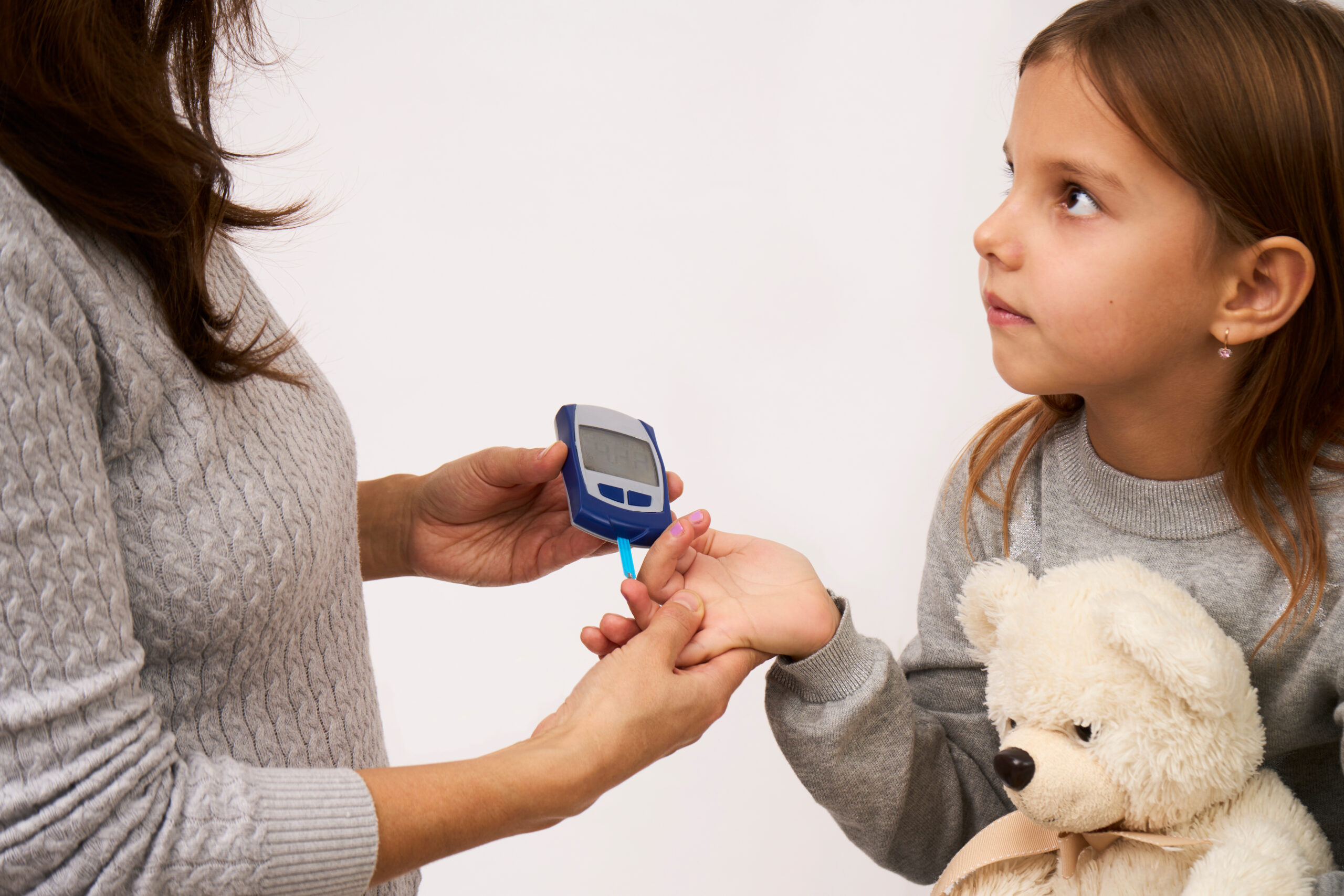
Understanding Type 1 Diabetes in Children
Type 1 Diabetes, previously known as Juvenile Diabetes or Insulin-Dependent Diabetes Mellitus (IDDM), is a chronic condition that affects how the body processes blood sugar. This condition arises when the pancreas produces little to no insulin, a hormone essential for regulating blood sugar levels.

Endometriosis and the Menstrual Cycle: What Every Woman Should Know
Endometriosis is a chronic and often painful condition affecting about 10% of women of reproductive age globally. Despite its prevalence, it is underdiagnosed and misunderstood, leading to delays in treatment and a profound impact on the quality of life of those who suffer from it. This blog will explain what endometriosis is, its symptoms, diagnosis, and how it affects women’s health and well-being.
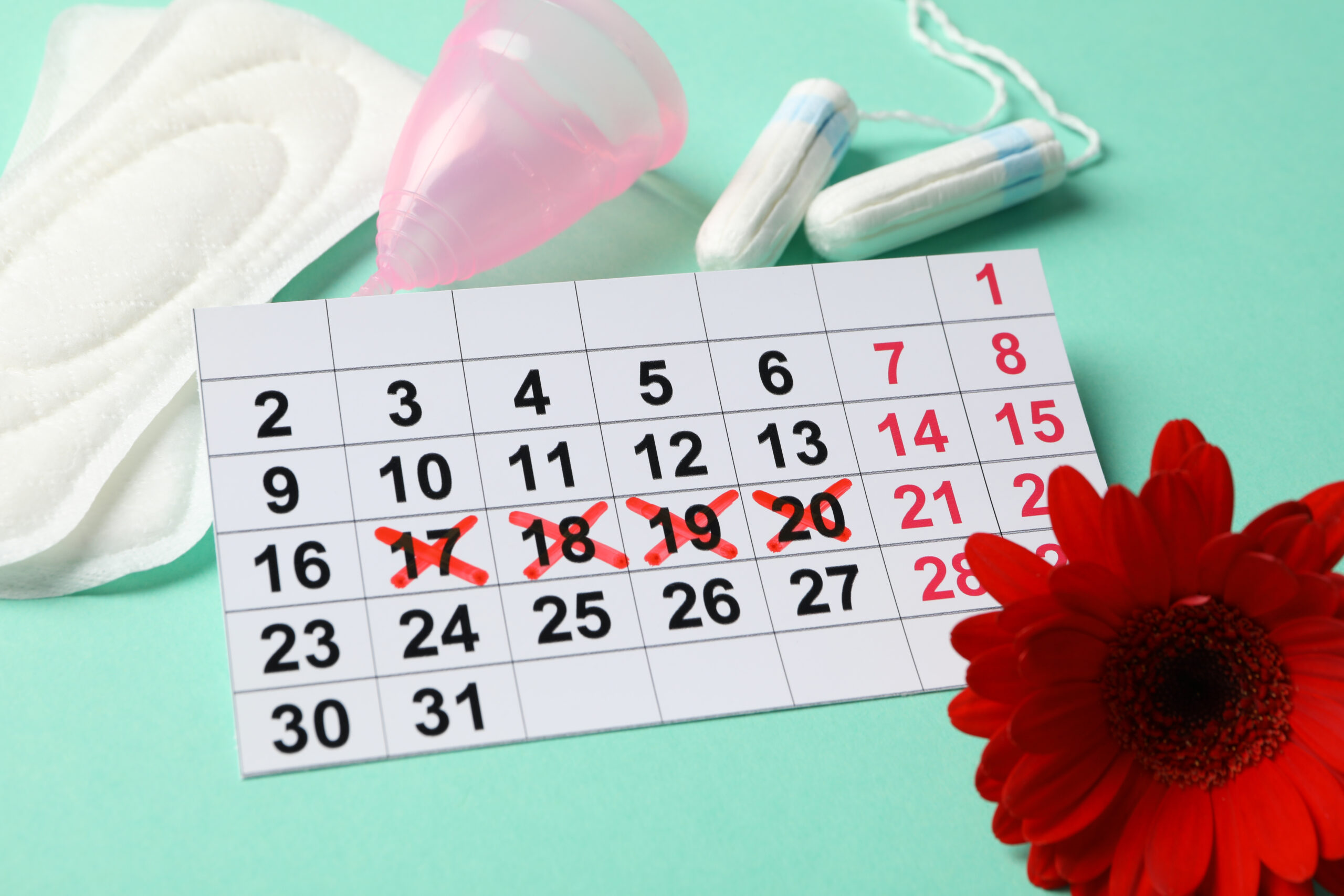
Living with PCOS: Tips for Managing Symptoms and Boosting Well-Being
Polycystic Ovary Syndrome (PCOS) is a health condition that affects women during their reproductive years. It involves a variety of symptoms and can lead to other health problems if not managed properly. Despite being widespread, PCOS is often misunderstood, leading to delays in diagnosis and treatment. This blog will explain what PCOS is, its causes, symptoms, and how it can be managed effectively.

Uterine Fibroids: What Every Woman Needs to Know
Uterine fibroids, also known as leiomyomas or myomas, are non-cancerous growths that develop in the uterus. They are common, particularly among women of childbearing age. While typically benign, fibroids can cause symptoms and complications that affect a woman’s quality of life. In this blog, we will explore what uterine fibroids are, their causes, symptoms, and treatment options.
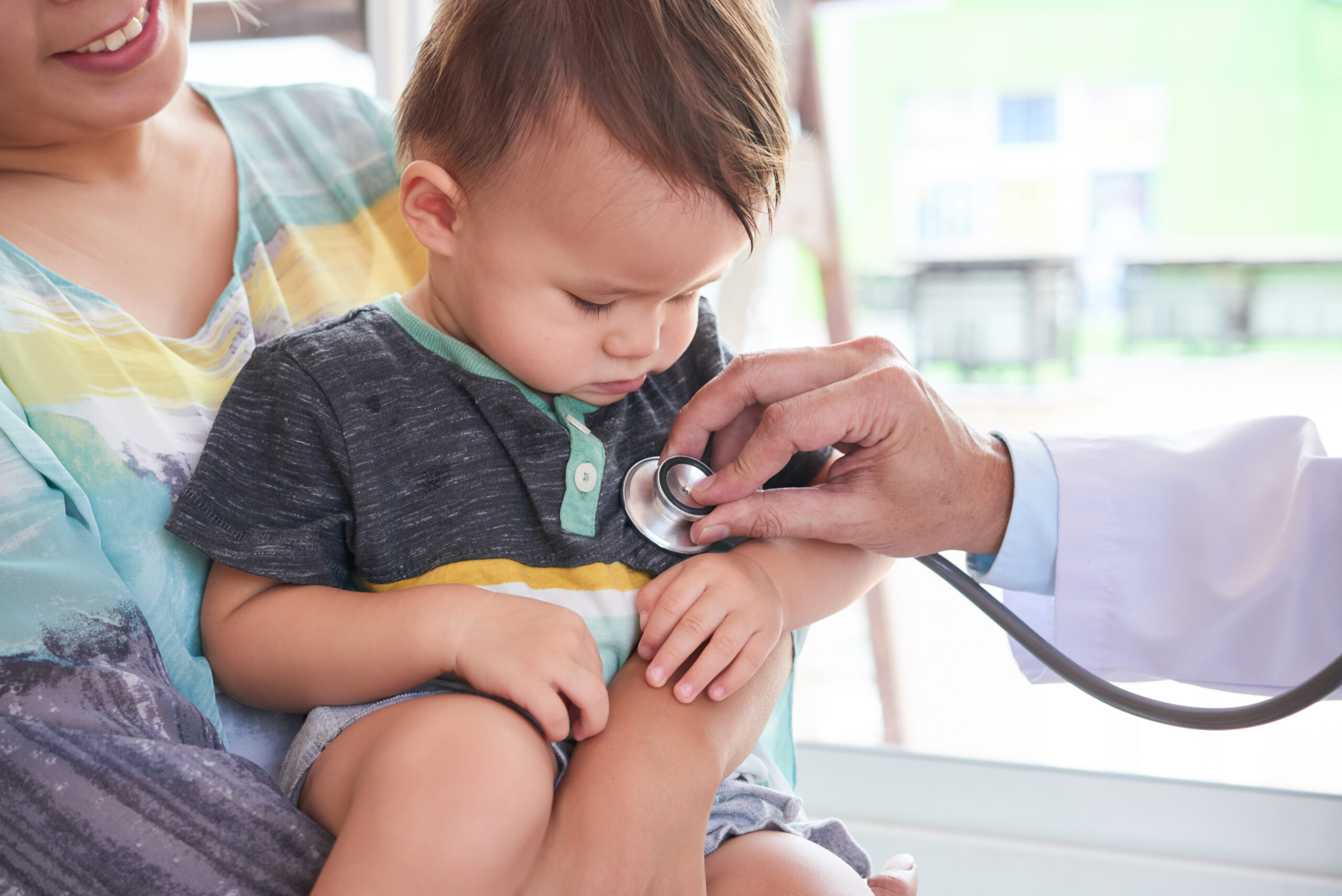
The Vital Role of Diagnostic Accuracy in Healthcare: Ensuring Patient Safety and Effective Treatment
In the world of healthcare, there’s one crucial element that underpins everything: accurate diagnosis. It’s the starting point of the journey towards better health and well-being. We’ll explore why diagnostic accuracy is paramount in healthcare, touching upon its far-reaching impact on patients, healthcare providers, and the healthcare system at large.
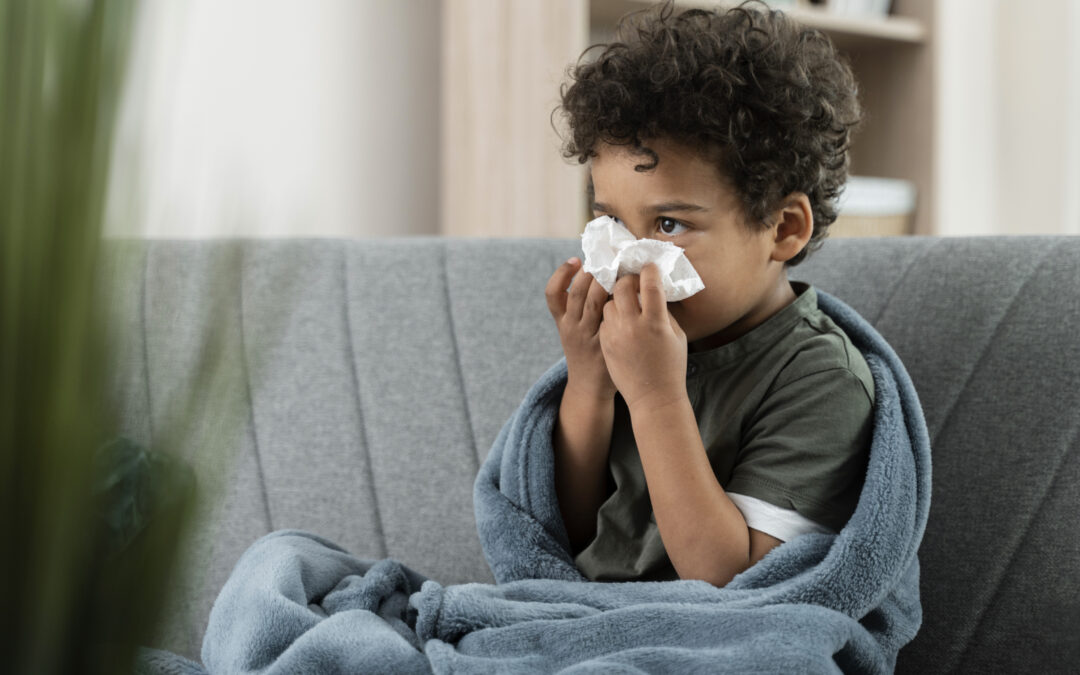
Parent’s Guide to Dengue Fever: Prevention, Symptoms, and Treatment
Dengue fever can cause a decrease in platelet count, a condition known as thrombocytopenia. This reduction occurs because the dengue virus affects the bone marrow’s ability to produce platelets and can also lead to increased destruction of platelets. In severe cases, low platelet counts can increase the risk of bleeding complications.
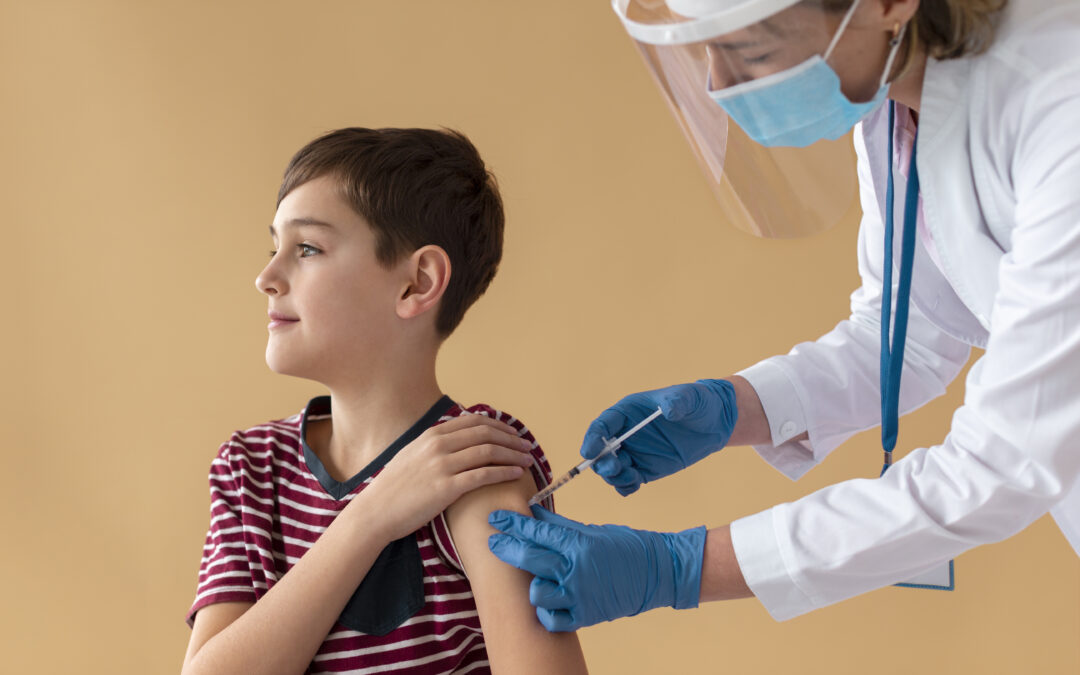
Essential Vaccines for Children from Birth to 18 Years: A Comprehensive Guide
Vaccines are a crucial part of preventive healthcare for children. They protect against a wide range of infectious diseases occurring in the community that can cause serious illness or even death. Here is a comprehensive guide to essential vaccines for children from birth to 18 years as per the IAP Immunization Schedule.

Understanding PMS or Premenstrual Syndrome: Symptoms, Severity & Management Tips
PMS, or premenstrual syndrome, is a group of symptoms that many women experience before their menstrual cycle begins. Approximately 75% of women experience PMS before they start their period. However, the severity of the symptoms can vary from person to person. PMS can be mild for some women and severe for others. Only 20-40% of women experience symptoms severe enough to affect their daily lives.
